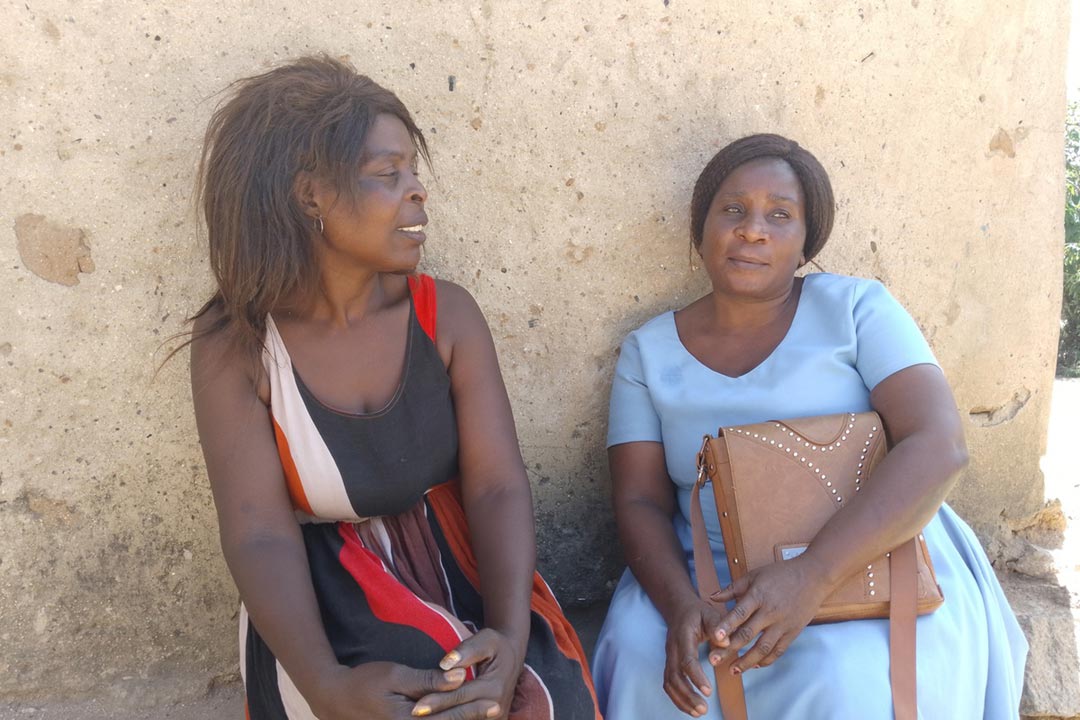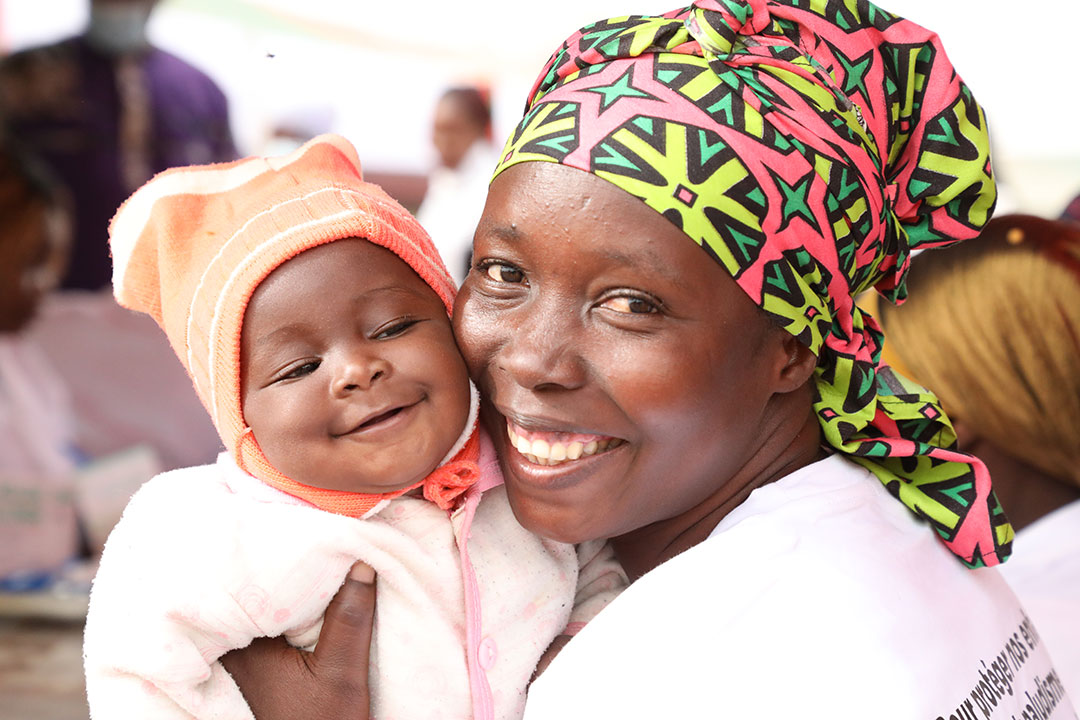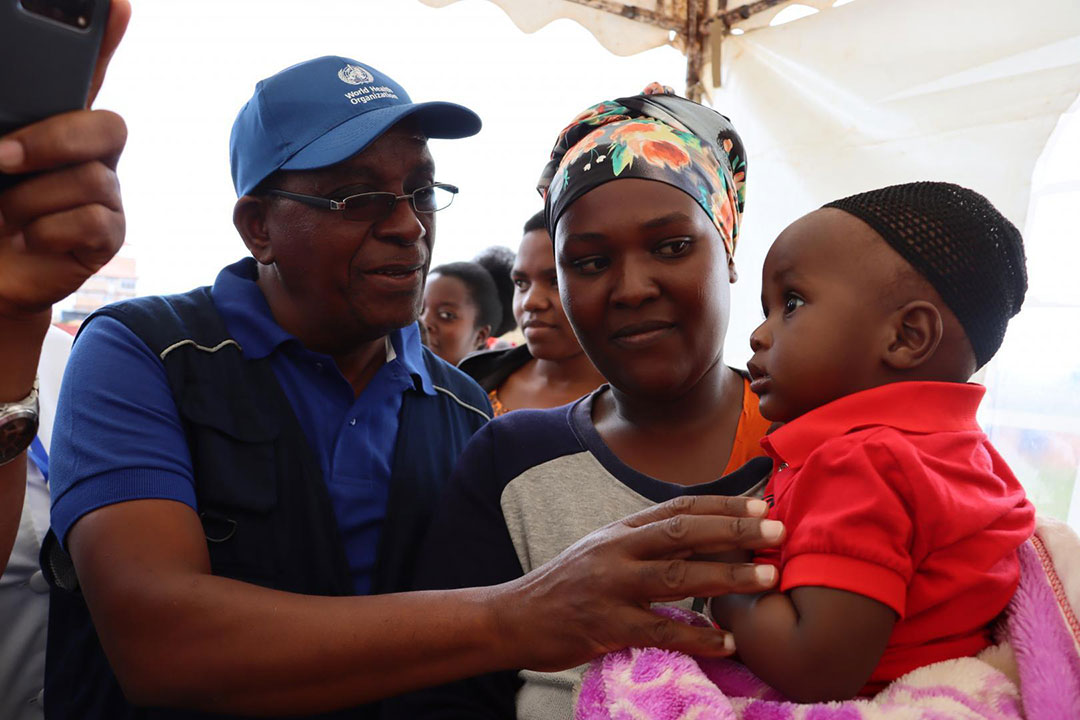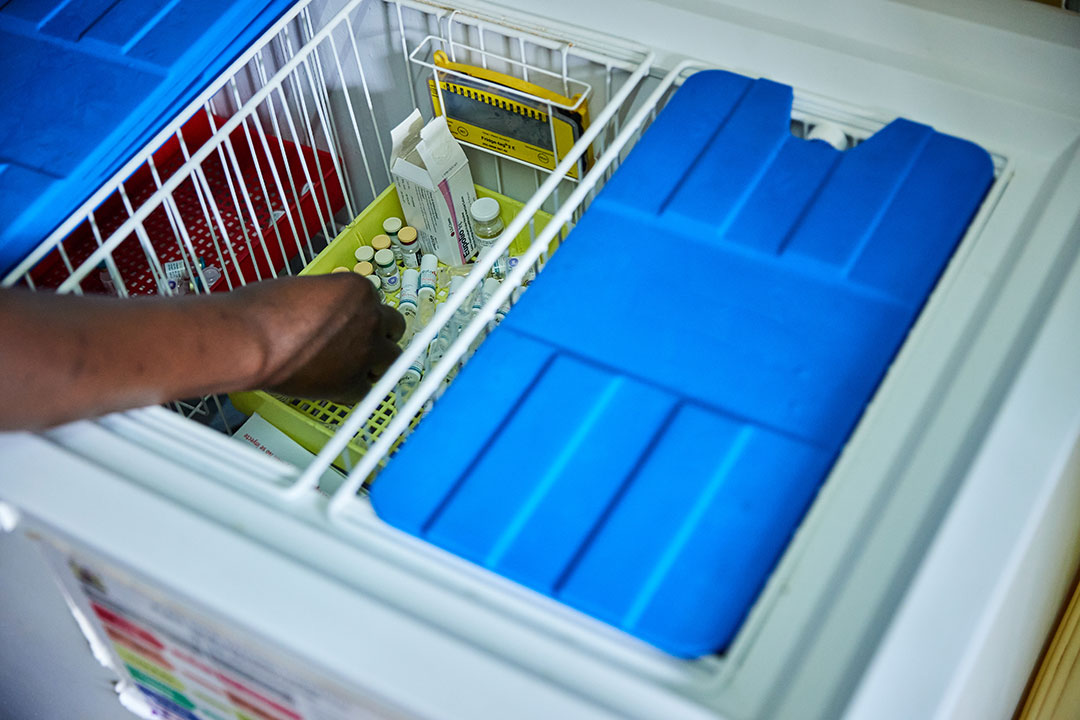Gavi funds training for health volunteers in Vietnam
Support for strengthening Vietnamese health service brings training and resources to remote areas.
- 26 November 2010
- 2 min read
- by Gavi Staff

In the remote and mountainous Vietnamese province of Ha Giang, Nguyen Thi Xuan represents the first point of contact with basic health care for more than 20 ethnic minorities.
Xuan is one of hundreds of village health workers in the province who go door-to-door to offer basic medical treatment and information. For the 266 people in her village of Na Pong, about five kilometres from the commune health clinic, this 45-year-old grandmother's prompt intervention can often mean the difference between life and death.
Thanks to GAVI's support, we can focus on the quality of training,
Dr Dang Van Huynh, Deputy Director of Health
Health System Strengthening
Xuan received her one and, to date, only training session a decade ago.
Now, thanks to GAVI's health system strengthening (HSS) support, she is scheduled to take part in a residential training course to upgrade village health worker skills and give them an understanding of the health services provided by the province.
In 2008, Ha Giang province received US$ 1.6 million in HSS funding from GAVI; this will help extend existing training sessions from two months to nine months, provide computers for data collection and bags containing basic equipment. More than 240 people were trained in 2009.
Vietnam: a lesson in preventive healthcare
2000: eradicates polio
2002: with GAVI support, introduces hepatitis B
2005: erradicates neonatal tetanus
2010: with GAVI support, introduces Haemophilus influenzae type b (Hib) vaccine as part of its pentavalent introduction.
Quality of training
"Thanks to GAVI's support, we can focus on the quality of training," says Dr Dang Van Huynh, Deputy Director of Health, whose Health Department aims to strengthen and extend their health system to serve every community.
The basic training course for village health workers is 36 weeks: 21 weeks at a residential training school, 13 weeks of on-the-job training at district level and two weeks at a district hospital.
"Before taking this course, I was a birth attendant and I helped deliver dozens of babies. Having done the course, I now know more about diseases. Now people come to me with many questions about diseases, and I am able to help them," says Xuan.









